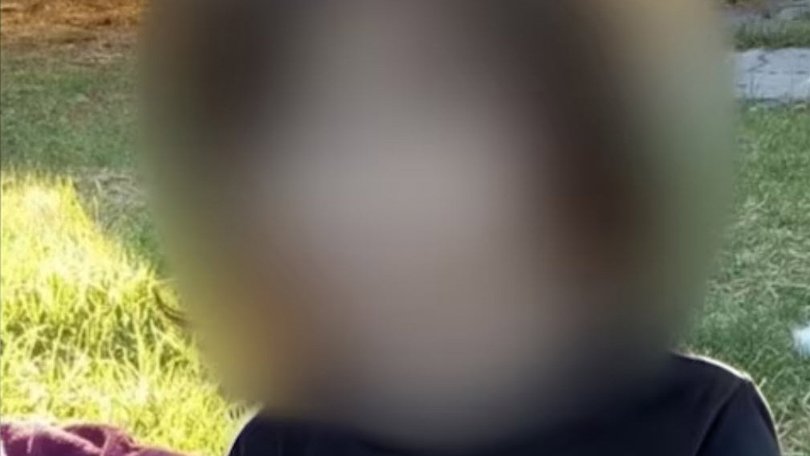EXCLUSIVE INVESTIGATION: Indigenous boy aged 10 takes own life while in care of State Government
A 10-year-old Indigenous boy has taken his own life while in the care of a State government.

A 10-year-old Indigenous boy has taken his own life while in the care of a State government.
The child, who had been living with relatives approved by authorities, died on Friday night.
His parents, who cannot be named for legal reasons, said they had been working towards reunification with their child after officials removed four of their six children about three years ago.
Sign up to The Nightly's newsletters.
Get the first look at the digital newspaper, curated daily stories and breaking headlines delivered to your inbox.
By continuing you agree to our Terms and Privacy Policy.The 10-year-old’s father said he “dropped to the ground” when authorities called him with the tragic news.
“I just screamed, hung the phone up, and dropped to the ground,” he said.
“Then I got a phone call back again from (a police officer) saying that he was gone.”
At the time of his death, he was living in Perth’s northern suburbs under the protection of WA’s Department of Communities.
The parents had not seen their boy in eight months.
They said the boy’s Christmas presents were still wrapped in colourful paper at their house.
“We can never have our little boy back,” his mother said.
The death of a child in State care automatically triggers a coronial inquest.
It means his parents have been forced to wait several days before they could see their child.
“We can’t touch him,” his mother said on the weekend.
“We can’t hug him.”
They finally saw their son on Tuesday afternoon.
They are now making arrangements for his funeral.
“We should not be getting our child back in a box,” his mother said.
The father said they “can’t let this happen to anyone else”.
The couple claims they’ve had 26 different case managers since their son was taken into care.
They also hadn’t been given any clarity on their son’s health for months.
“They need to educate us, support us and keep the family together,” the boy’s mother said.
“He loved to play soccer,” his mother said.
“He loved Skittles. He was such a handsome young man.”
Suicide prevention advocates Megan Krakouer and Gerry Georgatos are representing the family.
They say the lack of transparency from the department has been deplorable.
“Many of these families don’t have the support or a voice,” Ms Krakouer, who heads the National Suicide Prevention and Trauma Recovery Project, said.
Mr Georgatos said the lack of investment in suicide prevention was “abominable”.
A Department of Communities spokesperson said it cannot “comment on individual children or cases” but confirmed “those impacted will be or have been offered supports through Communities”.
“The death of any child or young person is a tragedy, which has a devastating impact on the families, friends and communities involved,” the spokesperson said.
“The safety and wellbeing of children is always the Department of Communities’ highest priority.”
In 2016, the death of a 10-year-old girl who took her own life in WA’s north-west shocked the nation and formed part of a major coronial inquiry.
At the time, former Labor senator Pat Dodson said it should be a “wake-up call” to address the causes of Indigenous youth suicide.
“Which are often health, housing and education, but also drugs, alcohol, abuse and a whole range of other negative factors,” he said.
“It’s time there was an offensive on drugs and misuse of alcohol and violence. Something isn’t working and it’s best to face up to that.
“It’s a question of how effective are the policies we are using. Are we dealing with the real needs of families, as opposed to just removing victims of crime or potential harm?
“[We need to] try and work out some other paths that could help to assist families with the causes they are exposed to.”
Tragically, Mr Dodson at the time spoke about how lessons from an earlier 2006 coronial inquest into suicides in remote areas had not been learnt.
Lifeline: 13 11 14 or lifeline.org.au
Beyondblue: 1300 224 636 or beyondblue.org.au
